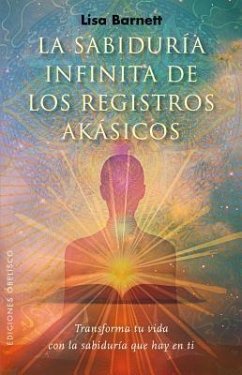
Maneki Neko

PAYBACK Punkte
7 °P sammeln!
Let the Maneki Neko philosophy come into your life!The most popular Japanese symbol of good luck is the Maneki Neko (招き猫), the paw-raising cat figure that can be found all over the world today. Another beloved object that summons fortune is the Daruma (達磨), the figure representing a monk without arms or legs and one eye is painted to make a wish, while for the other eye has yet to be painted and we will have to wait for its fulfillment. Shinto, the ancestral religion of Japan, also has numerous rites to attract money, love or fortune, and Buddhism or animist religions of territories ...
Let the Maneki Neko philosophy come into your life!The most popular Japanese symbol of good luck is the Maneki Neko (招き猫), the paw-raising cat figure that can be found all over the world today. Another beloved object that summons fortune is the Daruma (達磨), the figure representing a monk without arms or legs and one eye is painted to make a wish, while for the other eye has yet to be painted and we will have to wait for its fulfillment. Shinto, the ancestral religion of Japan, also has numerous rites to attract money, love or fortune, and Buddhism or animist religions of territories such as Okinawa or Hokkaidō have their own rituals. How does each of them work, and what deep history or meaning underlies this belief? How can we summon good luck with our everyday habits? This book explores all the tools primarily from Japanese culture to attract fortune and fulfill our wishes. In addition to learning the various rituals in an easy and motivating way, we will explore the essence of good luck and how we can incorporate it into our lives with the proper habits and attitudes.













